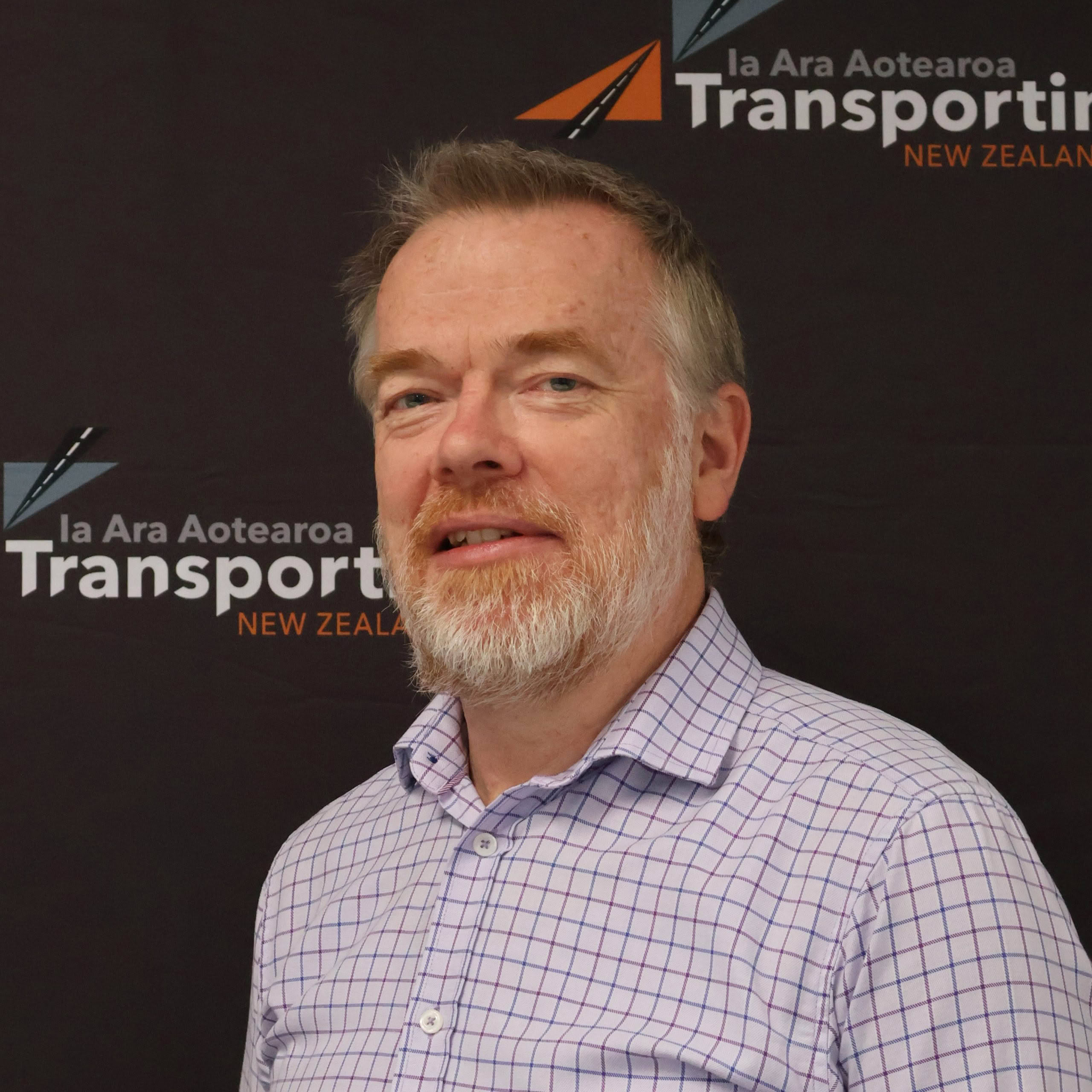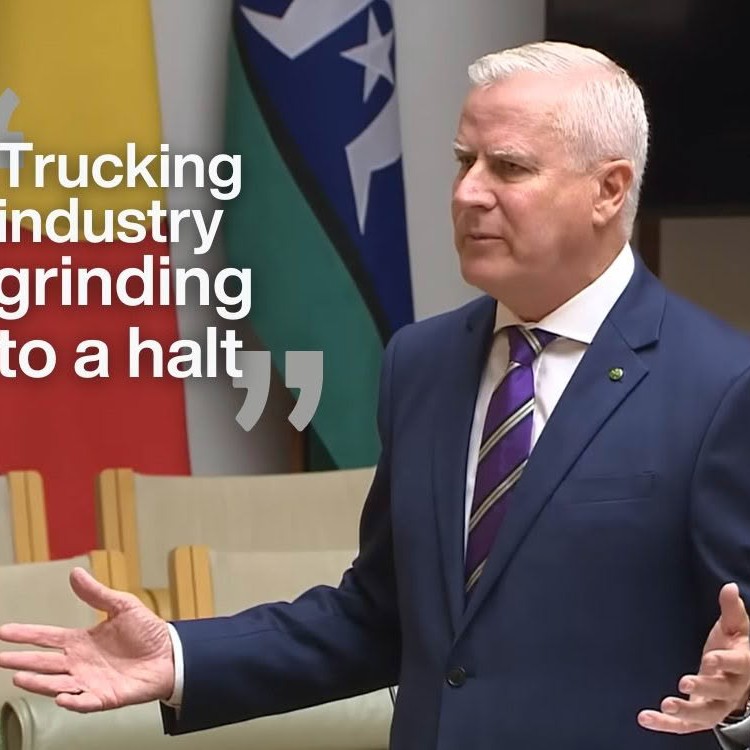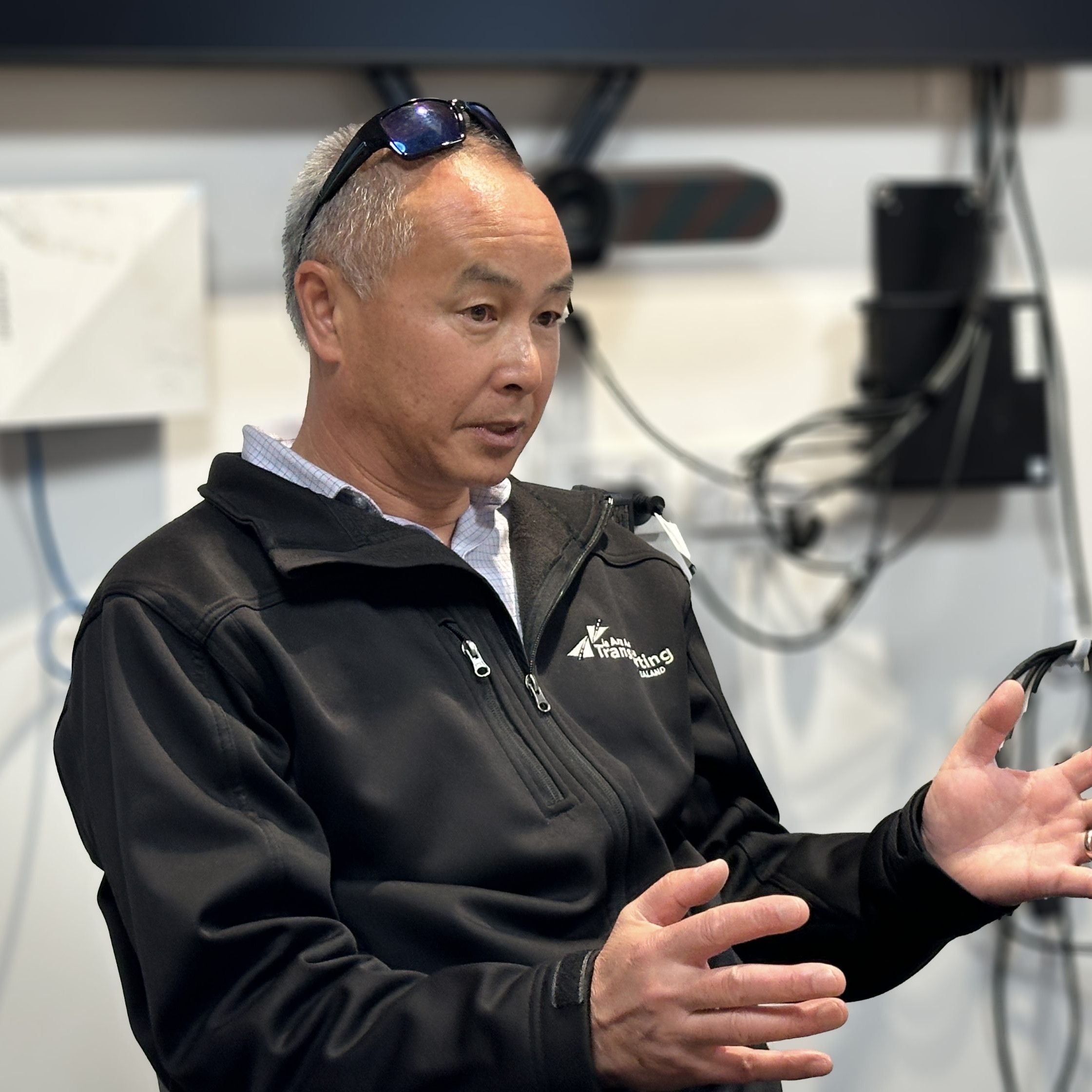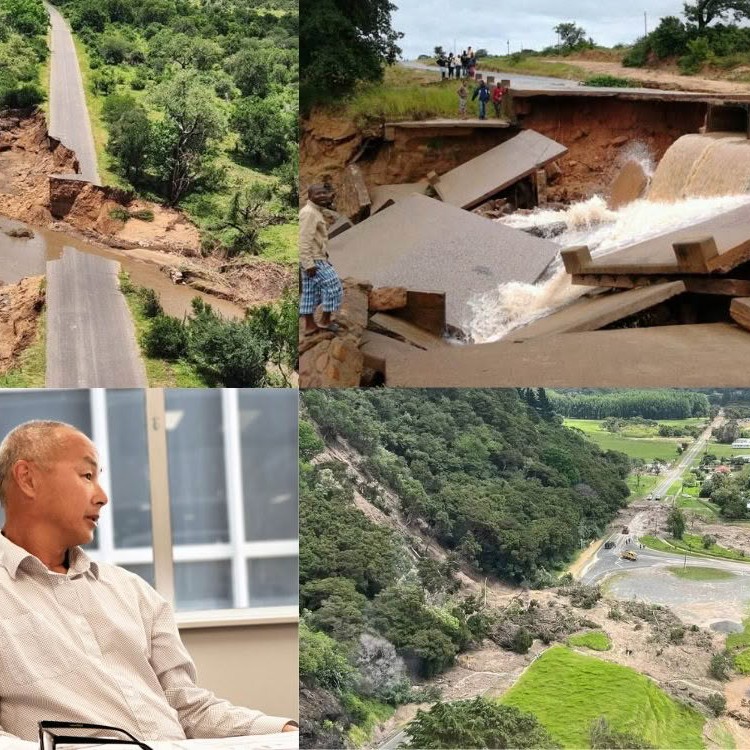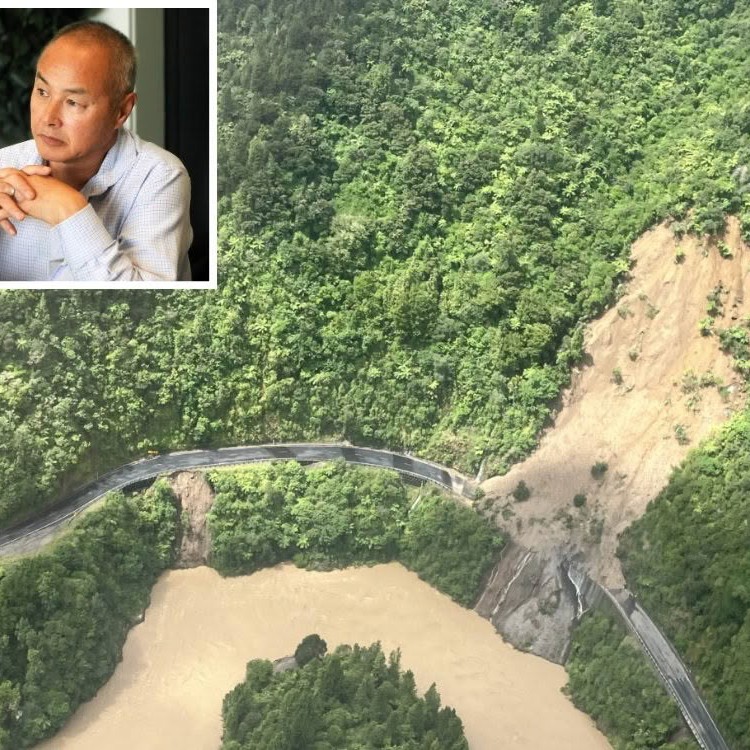
A highlight of last week was attending the Chartered Institute of Logistics and Transport (CILT) Annual Forum where I was one of several panellists on the Boosting Productivity in the Supply Chain discussion.
Andrew Locke from Wellington’s CentrePort, who has by his own admission been in the industry for a long time, opined that one of the key changes over time has been a shift in the fundamental reason for ports existing. In earlier days a port’s key focus was moving freight, whereas nowadays the focus of some ports is more about making money. This wasn’t said in a judgemental way, as in right or wrong, it was simply an observed change about how the industry has evolved.
That shift in thinking and behaviour was well demonstrated on Monday at the Port of Auckland industry update, where it emphasised its commitment to increasing port access charges. Road freight companies and their customers currently pay Port of Auckland a fee of $130 per container at peak times (between 5am and 6pm) that will increase to $180 in 2026. Port of Auckland has indicated that this fee will rise to $350 by January 2027. In our view, transport operators will simply have no other option but to pass these costs on, and their customers and clients need to plan for that.
Chris Money, NZ Economics Leader at EY shared another fascinating observation. This one was about decision-making in infrastructure investment. My interpretation of his insight was, once you’ve done good work to show you’re going to need that infrastructure, then you should build it, because it’ll never be cheaper!
He showed a picture (circa 1915) of a proposal to raise the level of Wellington’s cricket ground, the Basin Reserve, so that trams could pass under it to reduce congestion and improve productivity. Back then its estimated cost was about $12,000 dollars and it was probably seen as too costly. Over a century later we’re still talking about the same thing, but the prices are much much higher!
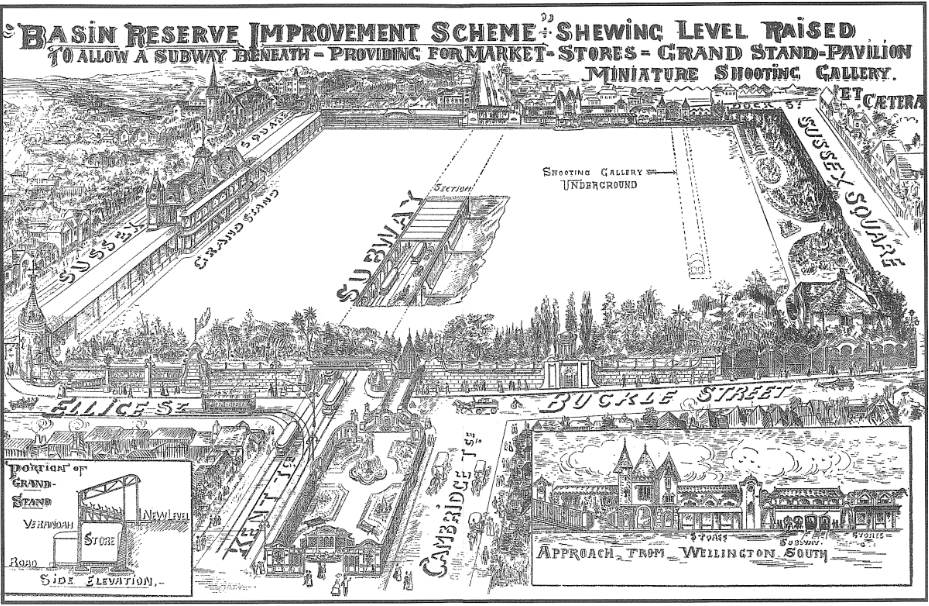
The CILT Awards Dinner was superb. It was a fantastic celebration of excellence, innovation, and dedication across the Logistics and Transport industry. What I found most excellent was the large diversity among the winners; in age, gender and culture. This wide range of diversity is a promising sign that the future of the supply chain is in good hands.
Congestion Pricing
On Tuesday, the Bill that enables congestion charging passed its third reading in Parliament. No one doubts that sitting in traffic wastes time, costs money, and drags down productivity.
In his announcement, Transport Minister Chris Bishop, said “Time-of-use charging is a common-sense tool that encourages people to travel at off-peak times or by other modes. It’s about keeping our cities moving – whether you’re a parent on the school run, a tradie heading to a job, or a truckie delivering exports to port.”
We supported the Bill, but during consultation we sought amendments to maximise savings to businesses and consumers. Our most substantive recommendation was that the legislation exempt freight vehicles from paying the charges. Bearing in mind the congestion charge is imposed to change behaviour toward traveling at off-peak times or on other modes, it is therefore implicit that for this to be a success, those other options need to be realistically available. Transporters of freight rarely have those options available. This charge will simply show up as yet another increase to freight costs.
A big factor in us being unsuccessful with this change was that the sector’s divided view. So, it was not surprising to see that freight movements will face the charges when travelling at times other than off-peak.
We’ll be telling our members to make sure they pass those costs on to their clients.
Land Transport (Revenue) Amendment Bill introduced to Parliament
Money making matters continued on Thursday with legislation introduced to enable the transitioning of all vehicles to universal RUC. Petrol fuel tax won’t be collected when you pay at the pump and instead those vehicles will pay RUC. We’ve been involved in discussions with officials on this for some time and we support it as it’s essential to ensuring the transport system is sustainably funded. But there’s no question this transition is a significant undertaking and has some risk.
What we found more interesting were other proposals in the Bill regarding tolling existing roads and prohibiting heavy vehicles from using certain roads, forcing them onto tolled routes. This is denying transport operators and drivers freedom of choice.
Granted, this approach can bring forward the raising of revenue to construct new roads, but we’d like to see some constraints around that. Existing roads have already been paid for by road users through petrol tax and diesel RUCs. Therefore, if tolling of existing roads is to progress, we’d like to see that other options, like public-private partnerships (PPPs) have first been fully explored. We’ll also be seeking certainty that all the money that’s collected from roads is spent on roads.
Lastly, we’ll be ensuring that the risk of unintended and perverse outcomes from any changes to road tolling are thoroughly examined, and we’ll work hard to gain a consistent industry view on this.
Truck safety technology data will be key to proposed changes
We have had an outstanding response to the survey we launched last week to collect data on the fitment rate of the proposed technology. We’re also seeking the views of the operators on their desire for this technology. The outstanding response so far demonstrates the strong interest in this space and is providing great insight into the practicalities of it.
If you have good knowledge of fleet safety technology and you haven’t completed the survey, please do here. It closes on Friday 21 November.
